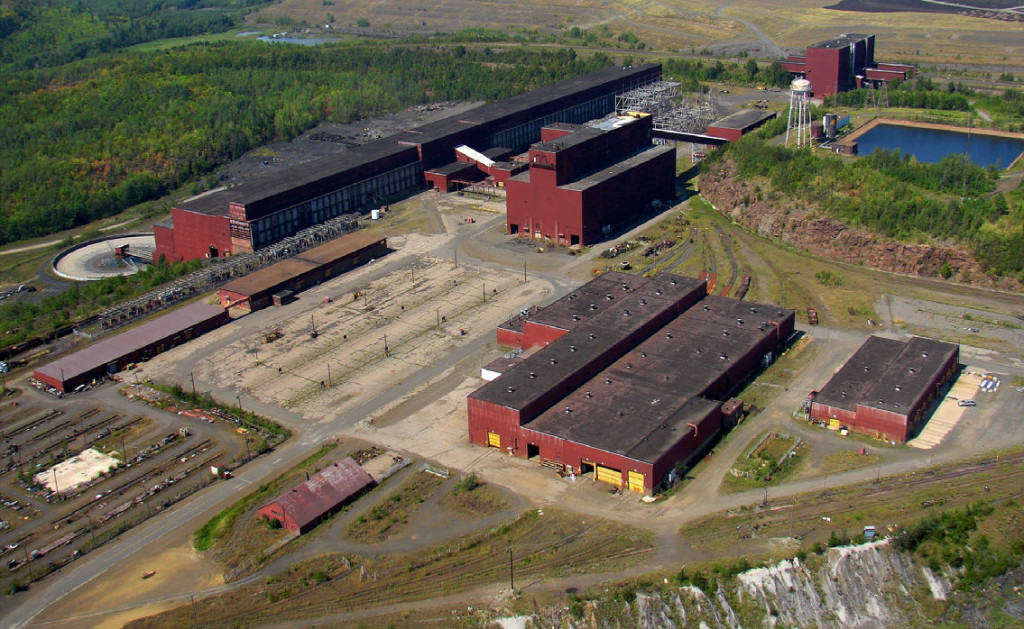
The Minnesota Court of Appeals has struck down an air permit, issued to PolyMet Mining Corporation in 2018 by the state of Minnesota. The ruling requires the state to consider the company’s objectives for the true scale and scope of its mine.
Environmental groups and Ojibwe tribes challenged the permit, saying the company actually plans a much larger mine than what it has told regulators. The ruling sends the case back to the state agency, requiring it to consider new information concerning the company’s plans.
“The Court of Appeals decision today makes it even more clear: the process that granted permits for the PolyMet mine proposal is broken,” said Kathryn Hoffman, chief executive officer of the Minnesota Center for Environmental Advocacy (MCEA). “It’s clear that the permits that were issued to PolyMet did not protect human health and the environment, and it’s time for our agencies to acknowledge and address that.”
Anticipated emissions from the mine include microscopic particles, sulfur dioxide, and greenhouses gasses. The permit anticipated 160,000 tons of the climate-change causing carbon dioxide each year. According to the EPA, the carbon emissions are equivalent to about 115,000 passenger vehicles.
‘Sham permits’
MCEA and others argued that PolyMet’s actions and statements indicate the mine would only be profitable at higher levels of activity than what was analyzed in permitting. PolyMet told the state it would keep mining to levels that would not require a rigorous federal Clean Air Act analysis, but contradicted itself in other documents and statements. Seeking “sham permits” is forbidden by the Environmental Protection Agency. The federal agency defined such efforts in 1989 as “permits with conditions that do not reflect a source’s planned mode of operation.”
The court ordered the Minnesota Pollution Control Agency to consider if such a “sham permit” was the goal with PolyMet’s air permit.
PolyMet has long stated that its mine would process an average of 32,000 tons of ore per day, using only about one-third the capacity of the former taconite mill it plans to use. But in the midst of permitting, and after public comment, it filed a financial report with Canadian regulators that analyzed much higher levels of activity — from nearly twice as much ore processed per day, to almost four times as much.
The financial filing showed the mine’s profit would nearly double with a higher level of activity than what it was seeking a permit to do. This could be especially important if metal prices drop in the future. (The price has dropped nearly one-third since the permit was released for public review.)
“That the increased-throughput scenarios discussed below were publicly revealed in a filing with Canadian authorities just ten days after the close of the public-comment period here raises legitimate questions concerning the extent to which PolyMet was exploring operational options inconsistent with the synthetic-minor permit during the public-comment period for that very permit,” the court wrote.
This is the fourth PolyMet permit that the Court of Appeals has struck down, out of four challenges so far. In February, the company filed an appeal with the Minnesota Supreme Court of previous rulings by the Court of Appeals that rejected its permit to mine and tailings dam safety permits.
The ruling requires the MPCA to reopen its permitting process, and take into consideration the additional information about PolyMet’s true potential size. It may mean regulators need to consider a stronger permit designed for a larger facility, including requiring the use of the best available technology to limit air pollution.
More information:
- Court ruling (PDF)
- Minnesota Appeals Court rejects PolyMet air permit, new setback for the planned mine – Star Tribune
- What You Need to Know About PolyMet and Twin Metals – Star Tribune

